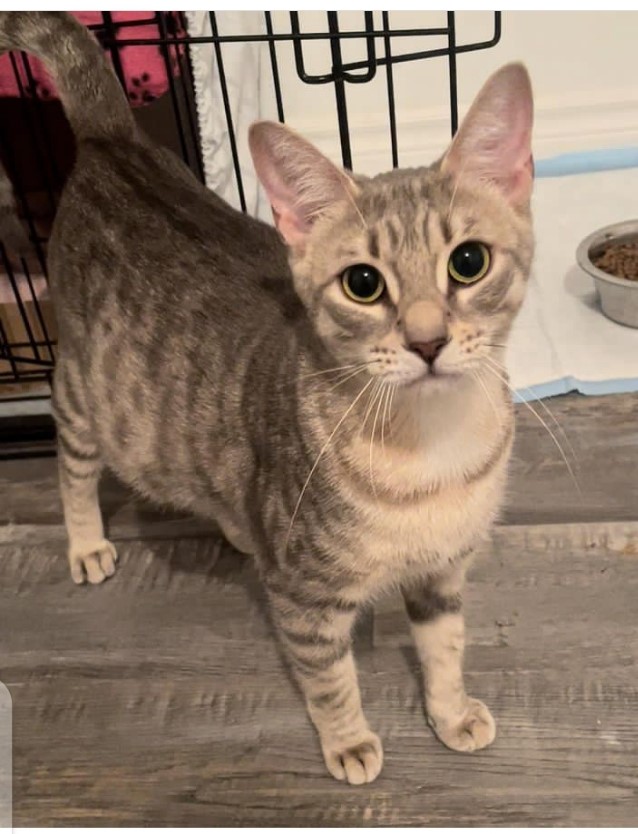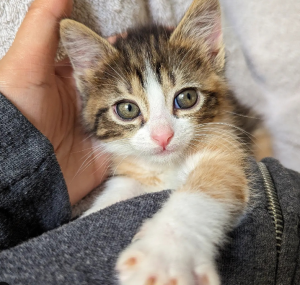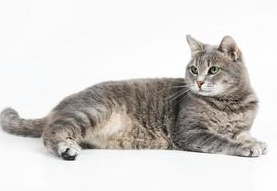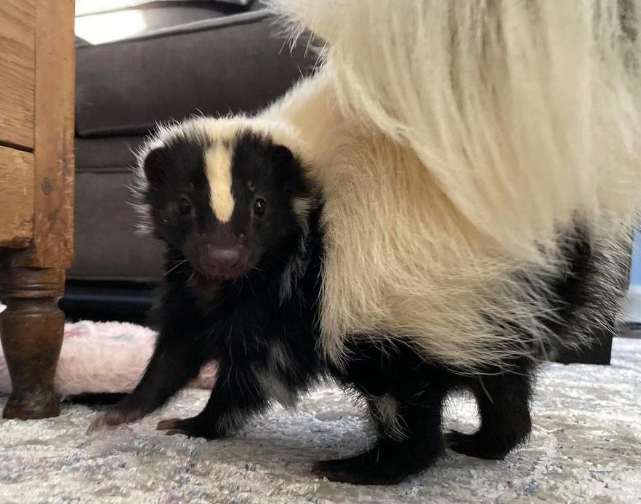Are You Allergic To Cats? Here Are 7 Hypoallergenic Cat Breeds For You
There is hope if you’re allergic to cats but still love these furry friends. Several hypoallergenic cat breeds produce less of the protein that causes allergic reactions in people.
What is a hypoallergenic cat?
There is no such thing as a completely hypoallergenic cat, but some breeds produce less of the Fel d 1 protein that causes allergies in people. Fel d 1 is found in cat saliva, dander, and urine. It can be transferred onto cat fur and become airborne when it sheds.
Hypoallergenic cat breeds produce less Fel d 1 protein for various reasons. Some species have shorter coats, which means they shed less fur. Others have different types of skins, such as the curly coat of the Cornish Rex or the hairless coat of the Sphynx. Still others have lower levels of Fel d 1 in their saliva.
7 hypoallergenic cat breeds
Here are seven hypoallergenic cat breeds that you may want to consider if you have allergies:
Sphynx
The Sphynx is the most well-known hypoallergenic cat breed. Sphynx cats are hairless, which means they don’t shed any fur. However, they still produce Fel d 1 in their saliva, so it’s important to bathe them regularly to remove buildup.
Cornish Rex
The Cornish Rex has a short, curly coat that sheds very little. Cornish Rex cats are also very active and playful, making them great companions for families with children.
Devon Rex
The Devon Rex is similar to the Cornish Rex in appearance, but it has a slightly longer coat. Devon Rex cats are also very active and playful and love to cuddle.
Siberian
The Siberian is a large, longhaired cat breed known for its friendly and affectionate personality. Siberians produce less Fel d 1 protein in their saliva than many other cat breeds, making them a good choice for people with allergies.
Balinese
The Balinese is a longhaired cat breed that is similar to the Siamese. Balinese cats are known for their intelligence and playful personalities. They also produce less Fel d 1 protein in their saliva than other cat breeds.
Oriental Shorthair
The Oriental Shorthair is a sleek, short-haired cat breed known for its exotic appearance. Oriental Shorthair cats are also brilliant and affectionate.
Russian Blue
The Russian Blue is a medium-sized cat breed with a short, silver-blue coat. Russian Blues are known for their gentle and affectionate personalities. They also produce less Fel d 1 protein in their saliva than other cat breeds.
Choosing the right hypoallergenic cat breed for you
When choosing a hypoallergenic cat breed, it’s essential to consider your lifestyle and preferences. If you’re looking for a low-maintenance cat, the Sphynx or Cornish Rex may be a good choice. If you’re looking for a more active and playful cat, the Devon Rex or Oriental Shorthair may be a better fit. And if you’re looking for a friendly and affectionate cat, the Siberian, Balinese, or Russian Blue may be the perfect breed.
It’s important to note that even hypoallergenic cats can still trigger allergies in some people. If you have allergies, it’s essential to spend some time with a cat before you adopt it to see if you have any reaction.
Tips for living with a hypoallergenic cat
Here are a few tips for living with a hypoallergenic cat:
- Brush your cat regularly to remove loose hair and dander.
- Bathe your cat regularly to remove any buildup of oil and dander.
- Keep your cat’s bedding clean and wash it frequently.
- Vacuum your home regularly to remove any dander or allergens that may have settled on the floor or furniture.
- Use an air purifier to remove allergens from the air.
Avoiding close contact with your cat’s face and mouth is also essential if you have allergies. This is where the highest levels of Fel d 1 protein are found.
Conclusion
There is hope if you’re allergic to cats but still love these furry friends. Several hypoallergenic cat breeds produce less of the protein that causes allergic reactions in people.
When choosing a hypoallergenic cat breed, it’s essential to consider your lifestyle and preferences. And it’s important to note that even hypoallergenic cats can still trigger allergies in some people. If you have allergies, it’s essential to spend some time with a cat before you adopt it to see if you have any reaction.
By following the tips above, you can create a healthy and happy.




